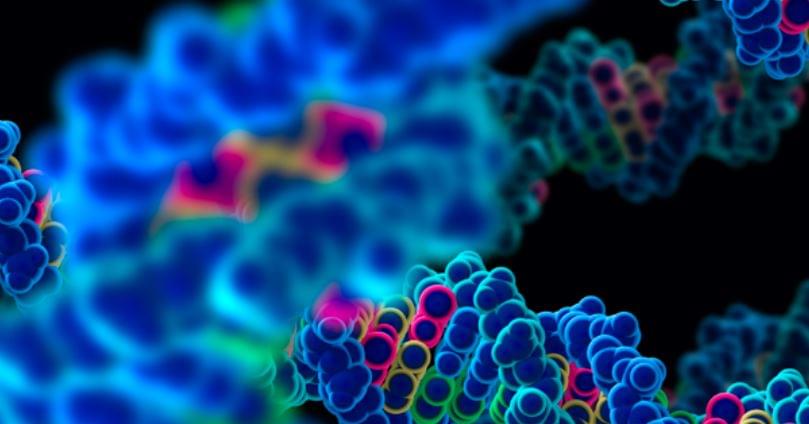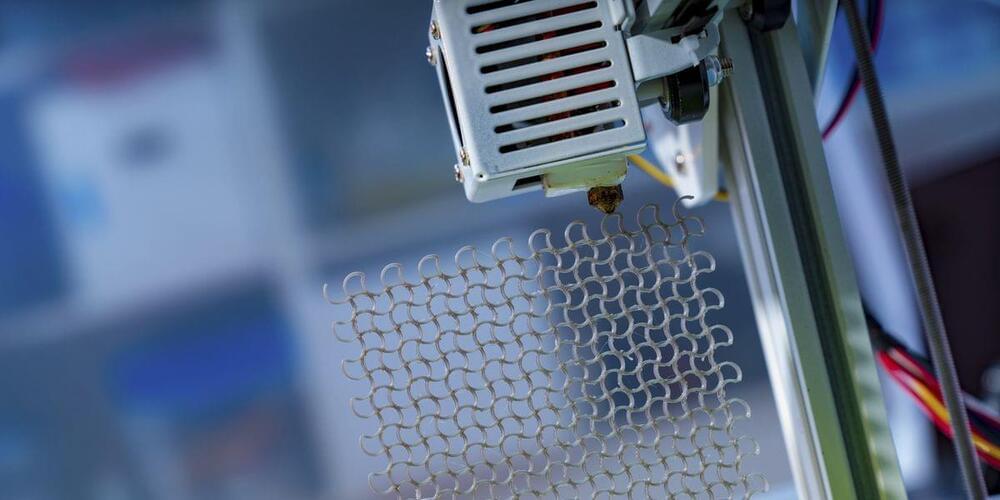
Researchers discovered only relatively recently that black hole jets emit X-rays, and how the jets accelerate particles to this high-energy state is still a mystery. Surprising new findings in Nature Astronomy appear to rule out one leading theory, opening the door to reimagining how particle acceleration works in the jets—and possibly also elsewhere in the universe.
One leading model of how jets generate X-rays expects the jets’ X-ray emissions to remain stable over long time scales (millions of years). However, the new paper found that the X-ray emissions of a statistically significant number of jets varied over just a few years.
“One of the reasons we’re excited about the variability is that there are two main models for how X-rays are produced in these jets, and they’re completely different,” explains lead author Eileen Meyer, an astronomer at University of Maryland, Baltimore County. “One model invokes very low-energy electrons and one has very high-energy electrons. And one of those models is completely incompatible with any kind of variability.”

















